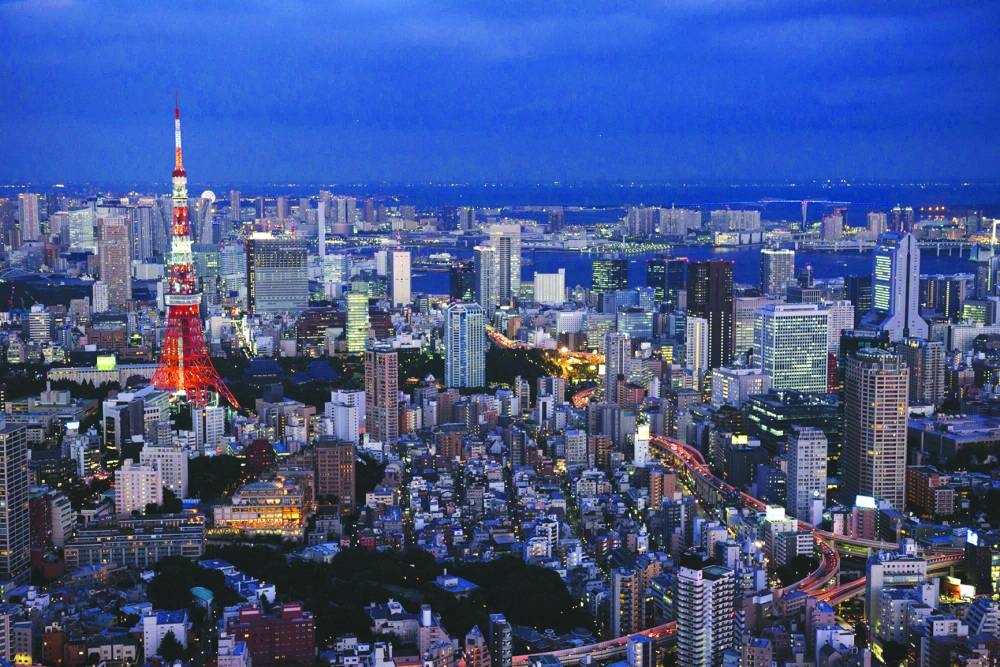Blackstone Inc is exploring more acquisitions in Japanese real estate, after selling about $4.5bn worth in the past year to capitalise on high international interest in property in the island nation.
The world’s largest alternative-asset manager is working on more acquisitions with several bids out and properties like hotels and data centres in the pipeline, according to Blackstone’s head of Japan real estate Daisuke Kitta. That comes after it spent most of last year shedding assets, including about $1.3bn in properties sold to investors like GIC Pte and Gaw Capital Partners, according to Cushman & Wakefield .
“Our pipeline has increased since the spring,” Kitta said in an interview in Tokyo. “Our acquisitions team is finally getting back to business.” Real estate investments in Japan have been rosy compared to other countries, where rising borrowing costs have squeezed financing and workers have shunned offices. Rock-bottom interest rates make Japan one of the few developed markets where income from real estate assets still exceeds the cost of borrowing, attracting foreign investors.
Blackstone has used that interest to turn over many of its assets — Japan has been one of its most active markets in Asia-Pacific in terms of buying and selling. One impetus for the move to resume acquisitions was the indication that the US Federal Reserve will slow rate hikes — which impacts strategy globally, Kitta said.
The $1tn asset manager, which also has a private equity business and recently began private credit operations in Japan, closed on a $30bn global real estate fund in April. It also has $8.2bn in committed capital for a third Asia real estate fund, according to its latest earnings statement. Based on past allocations, that means it may deploy at least $2bn in Japan over the next five years, according to Bloomberg calculations.
A recent wave of pressure on corporate governance in Japan also means many companies are shedding non-core property assets — a rich source of acquisitions, according to Kitta.
Blackstone has made bids, including for real estate businesses via its private equity arm, in deals that could be as high as $1bn, he said. Japan exited coronavirus restrictions later than many other countries, meaning recovery-related growth still has room to expand, Kitta said.
The robust rebound in tourism has been one particular bright spot.
“Hotels probably are our top of the list,” Kitta said. Although foreign tourism numbers are not fully recovered in Japan, “if you look at the revenue per available room, it’s all exceeding 2019 levels.”

The Tokyo Tower, left, and commercial and residential buildings stand at dusk in Minato district of Tokyo. Blackstone is exploring more acquisitions in Japanese real estate, after selling about $4.5bn worth in the past year to capitalise on high international interest in property in the island nation.
